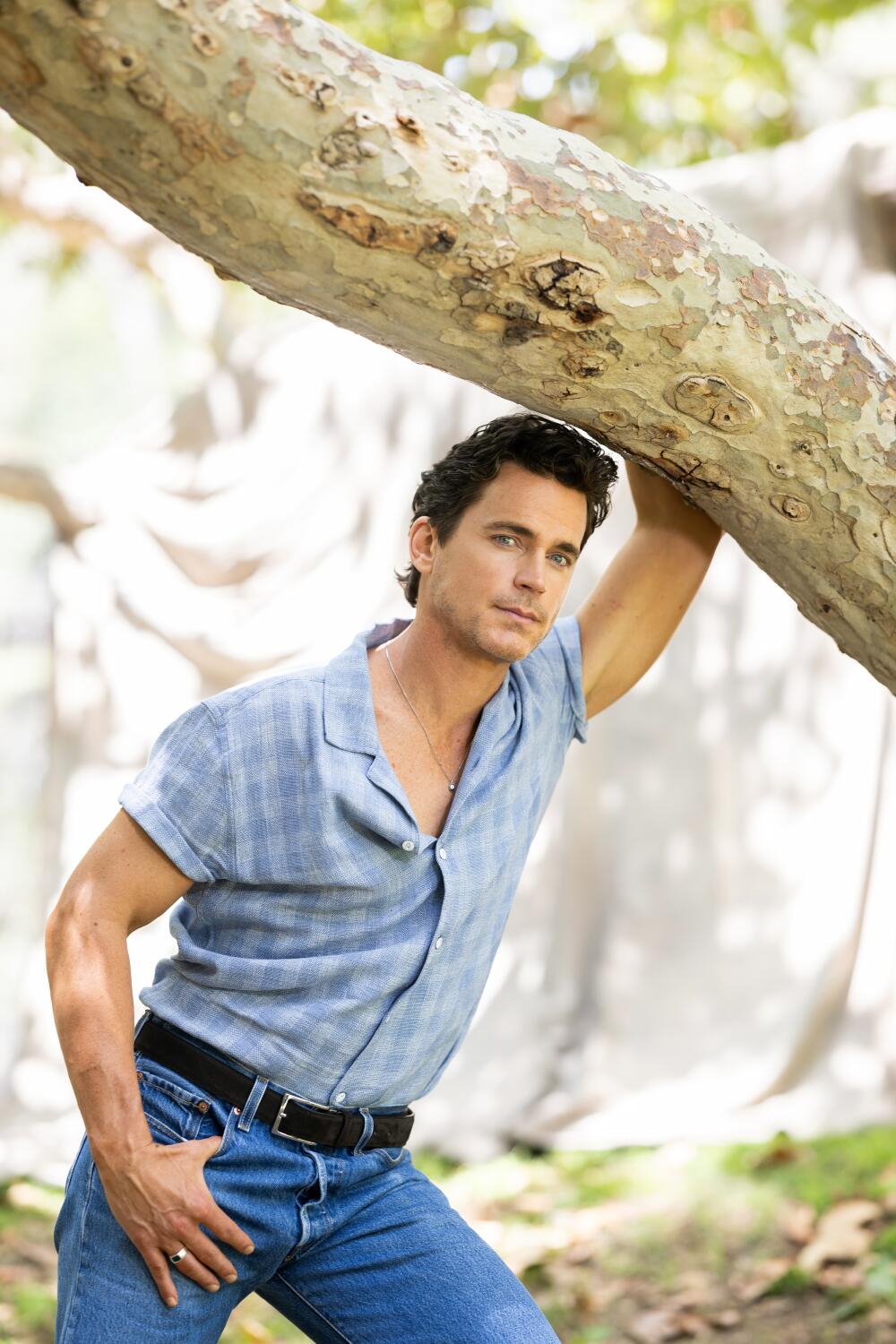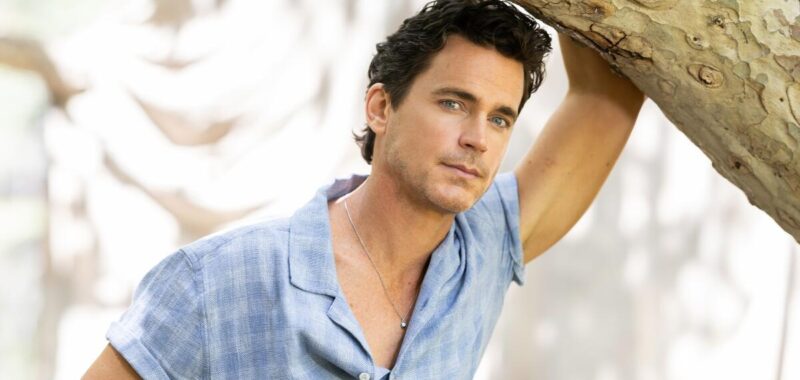
Golden Globe-winning actor Matt Bomer was attached to play closeted Washington, D.C., politico Hawkins “Hawk” Fuller, in a limited series adaptation of Thomas Mallon’s 2007 novel “Fellow Travelers,” for several years until Bomer, screenwriter Ron Nyswaner (“Philadelphia”) and producer Robbie Rogers finally found a home for the epic gay love story at Showtime.
Their patience and belief in the profound, sexually bold project paid off big time. The show, acclaimed for its authentic and heartbreaking look at the complexities of gay life from the homophobic Joseph McCarthy-led Lavender Scare of the 1950s to the 1980s AIDS crisis, went on to notch nominations and/or wins in the Critics’ Choice Awards, the GLAAD Media Awards, the Screen Actors Guild Awards and the People’s Choice Awards, among others.
More recently, the series earned three Emmy nominations, including nods for lead actor Bomer; supporting actor Jonathan Bailey, who movingly portrays Hawk’s longtime love, Tim Laughlin; and creator-showrunner Nyswaner, for his writing of the pilot episode, “You’re Wonderful.”
Earlier this month, The Envelope took a leisurely hike with Bomer in L.A.’s Bronson Canyon, where the warm and relaxed film and TV star (“White Collar,” the “Magic Mike” movies, “Maestro”) talked about his deep commitment to “Fellow Travelers,” the journey to seeing it made and the candor of its sexual content.
You were committed to this project from the start, long before there was even a deal in place. What drew you to such a big swing?
I got through [the book] in a couple of days and just fell in love with the characters and the world of the piece. It was just a book at the time, but Ron had kind of given me bullet points as to what he planned to do with the show. I’ve always been a fan of his writing. He really understands dimension and light and shadow in characters, which is kind of essential for episodic [TV] in this day and age. It was one of those novels where I got an education without feeling like I was getting an education.
Why do you think the series was ultimately green-lighted at Showtime?
It was really Ron’s writing. It was so powerful and so kind of undeniable that I think they knew that they had something that could be really special.
We were so grateful to partner with Showtime and Fremantle. These executives were giving the most brilliant notes. Normally, these notes are trying to curtail or make something smaller. But they were saying, “No, push it further, go all the way, and then we’ll see if you need to go back.” That’s just a dream scenario as a creative.
Were you concerned that Hawk, who’s an often selfish and deceitful character, would be seen as too unsympathetic?
No. I was so excited that there was an unsympathetic gay character in the lead. I’d been watching my fellow actors, whom I love and admire, play these hyper-nuanced, really seemingly unlikable, shadowy lead characters for years, and it was so nice to see a character from the LGBTQIA+ community written that way. But I think you’re always your character’s defense attorney.
How did you approach playing such a complicated, dualistic guy?
It’s impossible to be objective about it, even now. I always saw him as a survivor. The game he’s playing has the highest stakes possible, and if something’s going to compromise that, he’s going to make an executive decision that may not be the most likable, but it’s what he has to do to survive [in his world, at that time]. You’ve got to remember, he’s somebody who lived through a war and watched his entire platoon die. He understands life and death, and also living on the edge, in a way most of us can’t even fathom.
Much has been made of the series’ frank and graphic sex scenes. Were there ever any times that you — or maybe you and Jonathan Bailey — felt like perhaps not quite as much “vividness” was needed? Or maybe even more?
Honestly, I was just trying to be in the moment and not disassociate, which I’ve done in the past in scenes like that. But because the scenes were so acting-centric, and because Jonny and I had a comfort and trust with each other and knew each other’s boundaries, I feel like we were able to play in the moment and I could actually be present in my body.
Still, there was a distinct purpose, an arc, if you will, to the sex scenes.
The characters [Hawk and Tim] were never the same after those scenes as they were before, and I think that’s the mark of knowing when a scene like that is integral to the story. It was actually the one time in both of their lives when they could feel truly liberated, because of the different way they [each] responded to their social conditioning. They were able to find a kind of common therapeutic way to relate to each other in the bedroom that, in a strange way, allowed them both their moments of greatest freedom.
Do you think the series is even more timely today than when you first read the source material?
Yes. I’m just so grateful that a show like this can exist in our world. It’s so easy now to look around and see how fragile our democracy is and how quickly rights that we have are taken for granted — and can be taken away from us.

